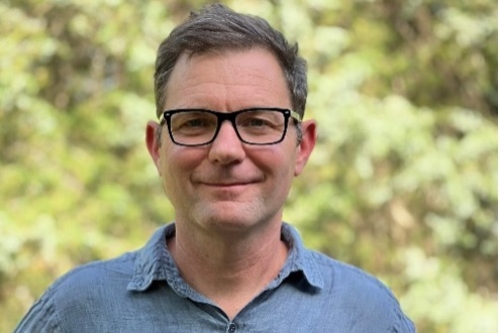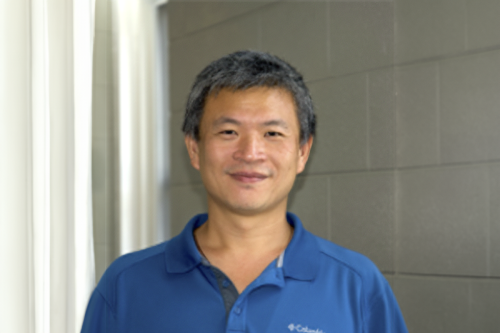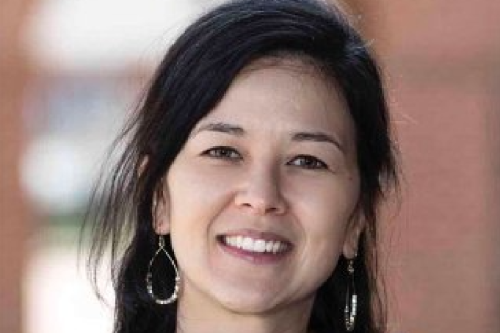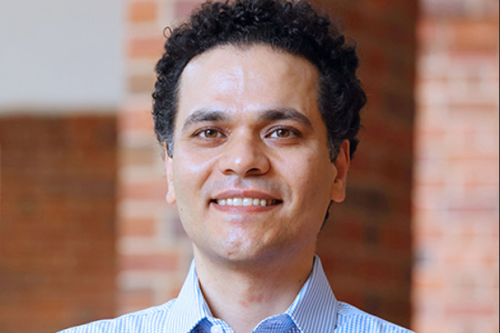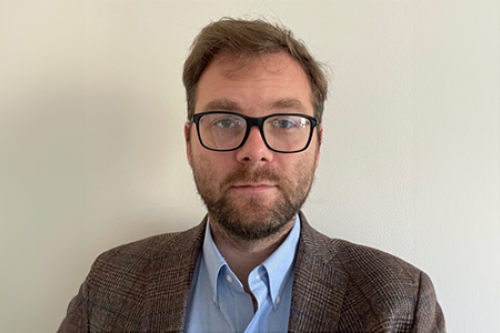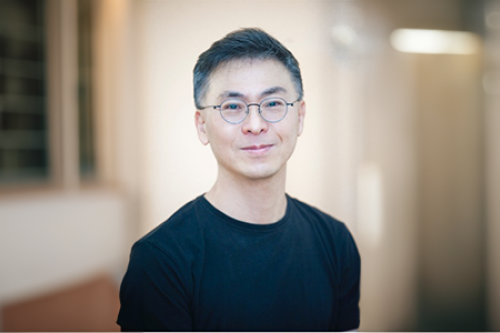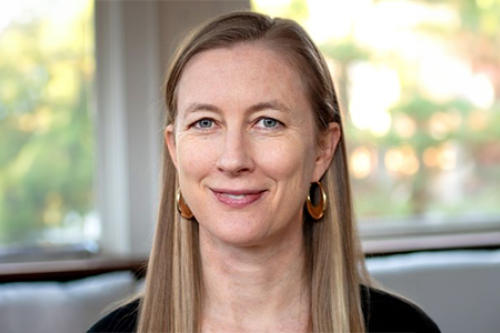Peter Belmi
Scott C. Beardsley Associate Professor of Business Administration
Darden School of Business Administration
Peter Belmi is the Scott C. Beardsley Associate Professor of Business Administration at the Darden School of Business. He also holds a courtesy appointment at the School of Engineering and Applied Science. He received his Ph.D. in Organizational Behavior from the Graduate School of Business at Stanford University. Peter’s research focuses on social class, culture, stratification, and inequality. His scholarship has received several awards. In 2012, Peter received the Outstanding Research Award from the Society of Personality and Social Psychology. In 2014, he received the Best Paper Award from the Excellence in Ethics Research Conference. In 2016, he received the Best Article Award from the Academy of Management. And in 2020, he received the Wells Fargo Award for Most Outstanding Research Publication. Thinkers50 named Peter one of the "30 emerging thinkers with the potential to make lasting contributions to management theory and practice." He currently serves on the editorial board of Organization Science, Organizational Behavior and Human Decision Processes, Personality and Social Psychology Bulletin, and Academy of Management Discoveries.
Peter teaches the Leading Organizations Core Course and a popular MBA elective called "Paths to Power." He has been recognized with many accolades for his teaching. In 2018, he was named by Poets & Quants as one of the "40 Best Business Professors Under 40." That same year, he received the University of Virginia's Mead-Colley Award, a distinction given to a Darden professor who embodies the Jeffersonian vision of an ideal teacher. In 2020, Peter received the Faculty Diversity Award for his "exceptional contributions to diversity, equity, and inclusion within the Darden community." And in 2023, Peter was voted by the graduating class as the Faculty Marshal for the Residential MBA Program. Peter also works regularly with executives, managers, and companies to address issues relating to leadership, strategic change, and DEI.
Peter's work is published in leading psychology and management journals, such as the Journal of Personality and Social Psychology, Psychological Science, Personality and Social Psychology Bulletin, Journal of Applied Psychology, Journal of Management, Organization Science, and Organizational Behavior and Human Design Processes. It has also been featured by The New York Times, The Wall Street Journal, Bloomberg Businessweek, Fortune, Forbes, NPR, Huffington Post, Newsweek, the Financial Times, Marketwatch, Priceonomics, Public Radio International, The Boston Globe, Medium, Harvard Business Review, Academic Minute, and InsideHigherEd.
 Provost
Provost
